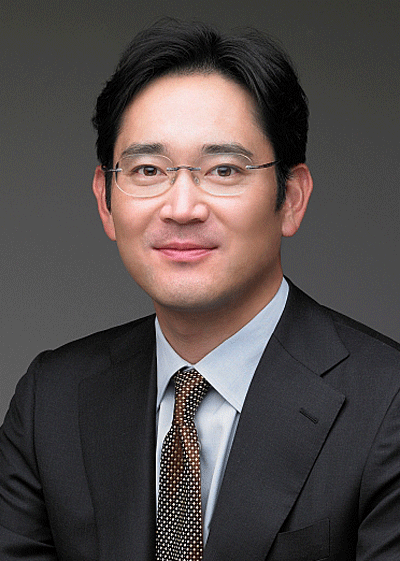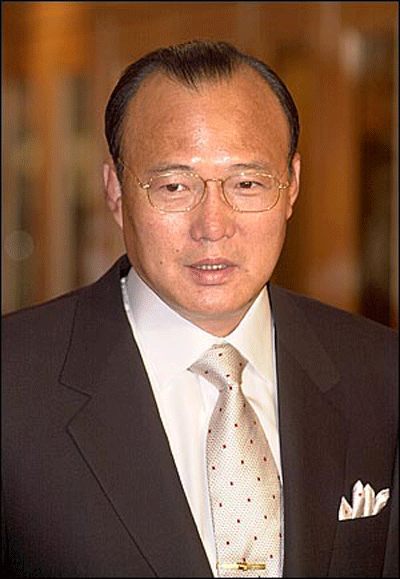Posing a clear distinction from involuntary conglomerate restructuring in 1997
Korea’s top business conglomerate, Samsung Business Group, has struck a ‘big deal’ with Hanwha Business Group, and sold four of its affiliate companies to Hanwha for 1.9 trillion won (US$1.73 billion). The four companies are Samsung General Chemicals, Samsung Techwin, Samsung Thales and Samsung Total Chemicals. The total assets of the four companies are estimated at some 13 trillion (US$11.8 billion).
It is the most significant ‘big deal’ that took place among the big businesses for the first time since the painful foreign exchange crisis of the 1997 when such large-scale merger-acquisition deals occurred among five big conglomerates and other lesser-scale companies.


In 1997 during the government of the late former President Kim Dae-jung, the big-deal restructuring took place affecting the five largest business groups of Korea and at the time it was not a voluntary one as far as the business groups were concerned.
This time, however, the big-deal took place voluntarily by the two conglomerates on the basis of ‘choice and concentration’ of their own.
Amidst a somewhat gloomy economic forecast in Korea, Samsung (first in ranking in Korea) and Hanwha (tenth) showed a good example of releasing weak companies to make them strong ones in another group.
The obvious win-win big deal can help Samsung concentrate on electronics, financing and construction and contribute to Hanwha’s expansion of the boundaries of its defense and chemical industries where Hanwha is strong.
Reports indicate that Samsung Group started late last year to reduce the complicated status of cross-shareholding (which is banned by law) and to streamline the affiliated companies with an eye to concentrating its business activities on three major areas, namely electronics, financing and construction as was mentioned earlier.
In the past, Samsung Group carried out the organizational restructuring within the corporate boundary of the Group. This time, however, Samsung chose a different method and decided to sell the non-main stream affiliates off to another business group, namely Hanwha.
Petrochemical industries around the world reportedly do not have a very bright prospect and find their production facilities excessive compared with the actual need at present and the petrochemical companies in Japan and China are known to be thinking of down-sizing restructuring.
The picture at the defense industry in Korea, too, is not very promising in that official investigations have already started according to Korean reports to control corruption and irregularities known to be rampant in the defense industry.
President Park Geun-hye has recently made scathing criticisms against various corrupt practices and irregularities perpetrated by the defense industry in Korea and called them “acts of giving benefit to the enemy.” Massive investigations started by the law-enforcement agencies following this development.
However, this, of course, does not mean that the companies Samsung have decided to sell to Hanwha are all insolvent ones. For instance, Samsung General Chemicals and Samsung Techwin are known to produce 100 to 200 billion won in net profit a year.
This means that Hanwha is acquiring profit-yielding companies who could contribute to Hanwha’s substantial expansion of its business activities. Hanwha, acquiring these companies, could become Korea’s number one in the area of chemical and defense industries in Korea. These companies who had not been very highly rated in the ‘Samsung Family’ would now join the flagship companies in the Hanwha Group.
The domestic market situation is forecast to go through a long tunnel of doldrums. Korean business companies, the big ones and the small-medium enterprises (SMEs) alike, are known to find themselves at a time when they should think hard and try to reduce extra fat wherever it is found.
Business experts say that Samsung and Hanwha should try to use this opportunity to set a good example of successful and business restructuring?in order not to repeat the mistakes made by other companies in the past such as Woongjin, STX and Tongyang, who are known to have collapsed while trying to grow big only in their outward appearance of size instead of seeking growth in internal substance.
Experts warn that a total of over 8,000 employees of the affected Samsung companies will worry about their future and that this could exert an unfavorable influence on the national economy. They warn that that Samsung and Hanwha should try not to cause this kind of situation.

